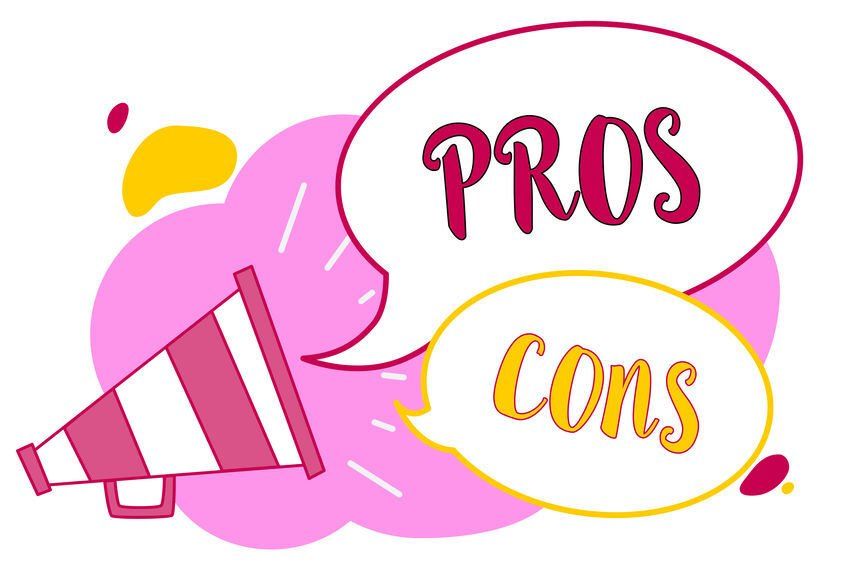Pros And Cons Of Electric Toothbrushes
- By Mary Marks
- •
- 05 Apr, 2021
- •

Tooth brushing is perhaps the most important routine in
dental care. One way to break this routine and improve brushing is to switch to
an electric toothbrush. You should always ask an informed
Colorado sedation dentist about any questions
you have regarding taking care of your teeth.
Pros
-Increased efficiency, demonstrated by studies showing that electric toothbrushes remove plaque better, while reducing the risk of gingivitis-No damage to the enamel and no injured gums - The pressure on the tooth is controlled by the torsion sensor of the electric toothbrush, which will stop it automatically to prevent excessive brushing
-The brush head wear indicator – a very useful feature, signaling when the brush head needs to be replaced
-The UV sterilizer - This is another big benefit of an electric tooth brush that helps kill up to 99.9% of bacteria on the toothbrush head.
Cons
-Electric toothbrushes are several times more expensive than regular brushes
-Periodic need to recharge or replace batteries
-The construction of these devices is less robust, compared to that of classic toothbrushes, which makes them more sensitive to mechanical shocks.





Although oral sedation dentistry Highlands Ranch is one of the optionsavailable for managing anxiety and discomfort during oral surgery, you certainly do not need to use it all the time. As a matter of fact, the exact type of sedation or anesthesia that you receive during oral procedures may depend on various factors, such as the complexity of the procedure, your medical problems, as well as your doctor’s preferences.
There can be several different levels of sedation that can be used in oral surgery. Local anesthesia is one of them. This involves injecting anesthetic medication into the specific area where the surgery will take place. It numbs the area and is often used for less invasive procedures.
Oral sedation involves taking medication in the form of a pill to induce a state of relaxation and drowsiness. The patient is still conscious, but he/she may not be fully aware of the procedure. At any rate, sedation helps him/her get rid of anxiety.
In the case of intravenous sedation, medication is administered through a vein, which induces a deeper state of sedation than oral sedation. Patients may still be conscious, but they are less aware of their surroundings and may not remember the procedure.





